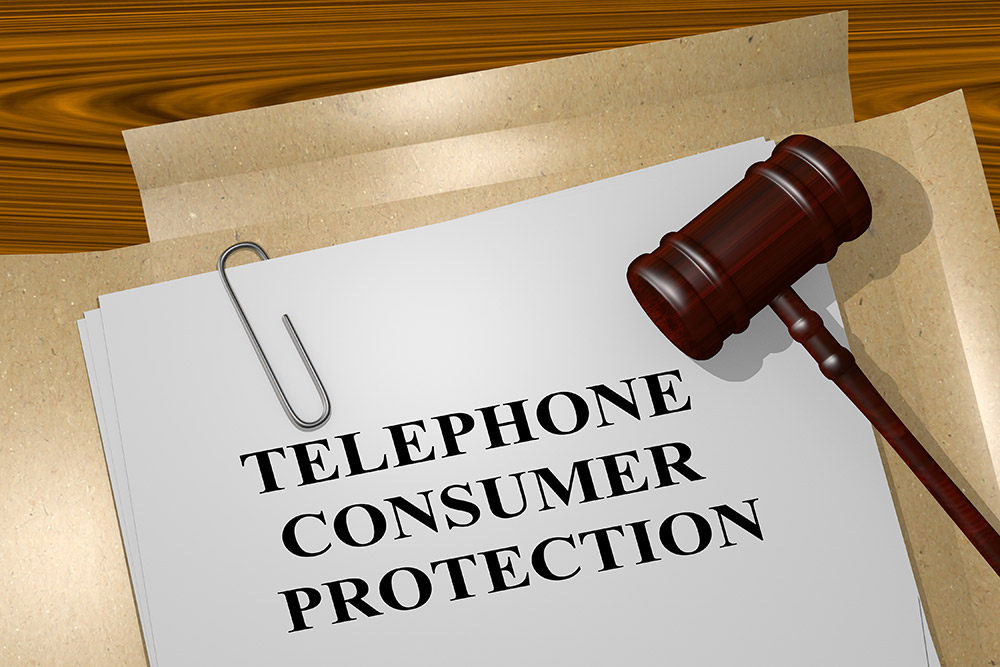A Plaintiff filed a lawsuit in the Southern District of Florida against The CBE Group, Inc. (CBE) and Verizon New England, Inc. (Verizon) alleging violations under the TCPA, among others. All parties moved for partial summary judgment arguing that there is no genuine dispute of material fact regarding Defendants’ liability under the TCPA or CBE’s liability under the FDCPA and FCCPA. The parties contest whether Verizon can be vicariously liable under the TCPA claim for CBE’s alleged violations and whether 24 of the 26 calls placed were made using an ATDS.
The Court found that summary judgment should be entered for Plaintiff and against only CBE on the TCPA claims for two calls placed on April 14 and 15, 2014. However, summary judgment was entered in Defendants’ favor on the remaining TCPA claims.
TCPA Claims
CBE admits that on April 14 and 15, 2014, it placed 2 calls to Plaintiff using a Noble Systems Predictive Dialer under the mistaken belief that the number was a landline. After CBE found out that the number being called was a cell phone, CBE placed the remaining 24 calls to Plaintiff using CBE’s Manual Clicker Application (“MCA”). In order to place a call using the MCA, an agent must manually initiate the call by clicking a computer mouse or pressing a keyboard enter key. The MCA then uses a Noble Systems device to connect the call to a telephone carriers’ network.
The Court focused on the discussion of human intervention. Plaintiff provided zero evidence that CBE’s ATDS was used and CBE argued that its MCA was used in placing the later 24 calls. This Court cited cases explaining its “primary consideration” in determining what an ATDS is. “To determine whether a dialer is a predictive dialing system, and therefore an ATDS, ‘the primary consideration . . . is whether human intervention is required at the point in time at which the number is dialed.” Brown v. NRA Grp., LLC, No. 6:14-CV-610-ORL-31, 2015 WL 3562740, at *2 (M.D. Fla. June 5, 2015); see also Legg v. Voice Media Grp., Inc., 20 F. Supp. 3d 1370, 1374 (S.D. Fla. 2014) (explaining that “defining characteristic” of ATDS is “capacity to dial numbers without human intervention”).
First, the Court held that “Plaintiff has not created a genuine dispute as to whether Verizon may be held vicariously liable.” Then, the Court said “Plaintiff has not established that a “clear and unequivocal” agency relationship exists between CBE and Verizon.” The Court later addressed the issue of whether the MCA was an ATDS and held that 1) it was not connected to a predictive dialer, 2) the “MCA utilized Noble connecting devices called Corphost1 and Corpost2, which ‘only allow[] for pass-throughs particularly coming from the MCA application’ and are ‘incapable of doing any type of automatic outbound dialing.’” 3) The “Corphost1 and Corpost2 are ‘completely independent and separate from the Noble predictive dialer,’ and such equipment ‘cannot dial predictively, does not use a random or sequential number generator, and does not have the capacity to store, produce, or dial numbers using a random or sequential number generator.’”
